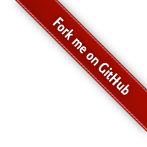The package libTheSky provides a Fortran library to compute the positions of celestial bodies
(Sun, Moon, planets, stars, asteroids, comets) and events (e.g. lunar phases) with great accuracy.
libTheSky can use different reference frames (heliocentric, geocentric, topocentric) and coordinate
systems (ecliptic, equatorial, galactic; spherical, rectangular). Much of the code is based on Meeus,
Astronomical Algorithms, 1998; however, the user has the choice between his low-accuracy, cheap
calculations for Sun and Moon, and the full and highly accurate VSOP87 and ELP 2000-82B theories.
This package, together with libSUFR, has been developed
for and forms the core of the software that is used to create the Flemish/Dutch popular-astronomy
website
hemel.waarnemen.com (see screenshots on this page).
 Example use of libTheSky can be found in
the astroTools package. It can be used under the
conditions of version 1.2 of the EUPL. libTheSky has been
written by Marc van der
Sluys
(Nikhef/Utrecht
University).
Example use of libTheSky can be found in
the astroTools package. It can be used under the
conditions of version 1.2 of the EUPL. libTheSky has been
written by Marc van der
Sluys
(Nikhef/Utrecht
University).
Dependencies
libTheSky is written in Fortran and compiles with
gfortran,
g95 (both free and open-source) and
ifort.
In order to compile and run, the package needs the Fortran library
libSUFR.
The default installer uses
CMake, but you can use
your own Makefile or compile and install the code by hand.
Data files
The code needs data files as input for the calculations (planetary and lunar theory, orbital elements, star databases, etc.).
The file asteroids.dat only a reduced version of the large original file.
The reduced version contains the brightest ~20% of the minor planets from the full database (a<100 AU, H<15; ~85,000 bodies).
The complete file can be downloaded from the NASA JPL website.
The data files can be found in
libthesky-data-<YYYYMMDD>.tar.bz2.
Please see the INSTALL file in the regular libTheSky tarball for details.
Getting started with libTheSky
Before you install libTheSky, you should install libSUFR.
Using the links below you can download and install libTheSky. The Doxygen documentation provides technical information
on the syntax of the procedures in the library. Example use of libTheSky can be found in the
astroTools, in particular in the planetdata program.
Hence, I suggest you download and install that package as well.
Similar packages
If you like libTheSky, you may also be interested in the following FOSS packages:
| astroTools | | command-line tools for astronomy and astrophysics |
| evTools | | tools to manipulate and display output from the binary stellar-evolution code ev/STARS/TWIN |
| GWtool | | a set of simple command-line tools for working with gravitational waves |
| libSUFR | | A LIBrary containing Some Useful Fortran Routines |
| RochePlot | | schematically plot the key stages in the evolution of a binary star |
GNU/Linux distributions
libTheSky is available in the following Linux distributions:
libTheSky has been used by
Contact
You can contact Marc van der Sluys through
marc.vandersluys.nl.
|
|
Screenshots
(produced by codes using libTheSky)
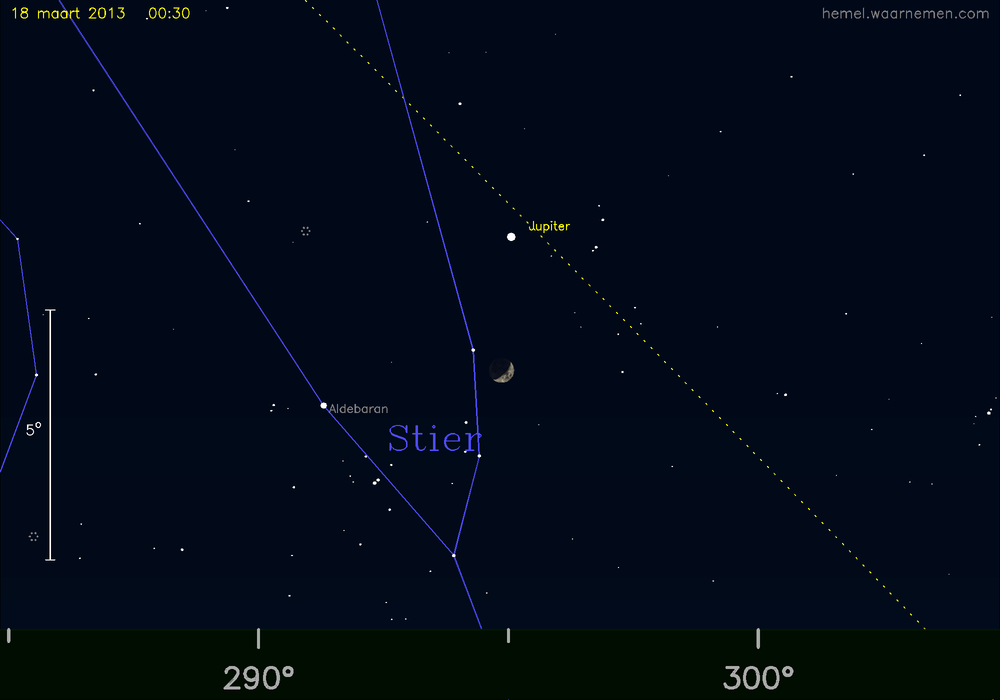

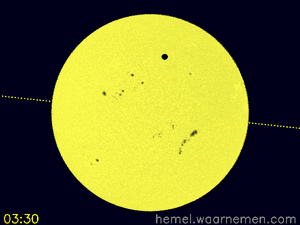
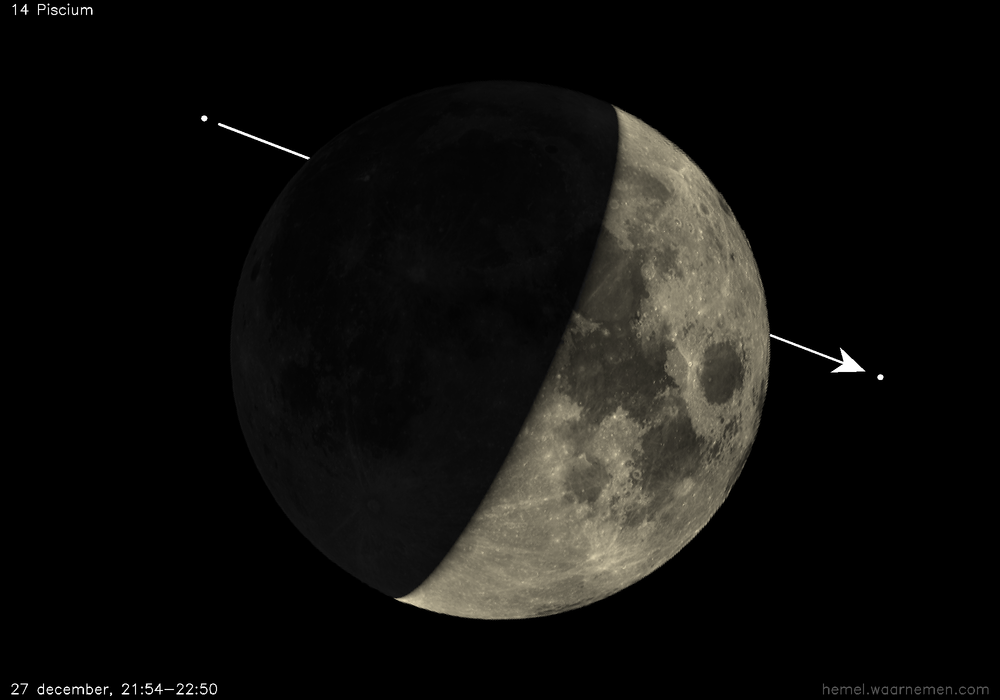
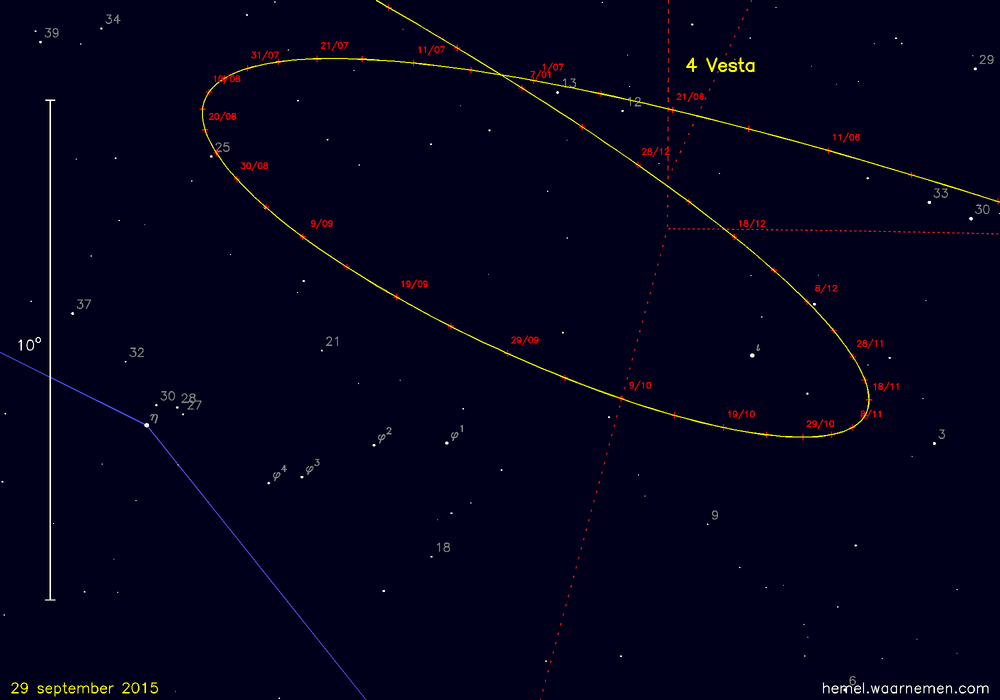
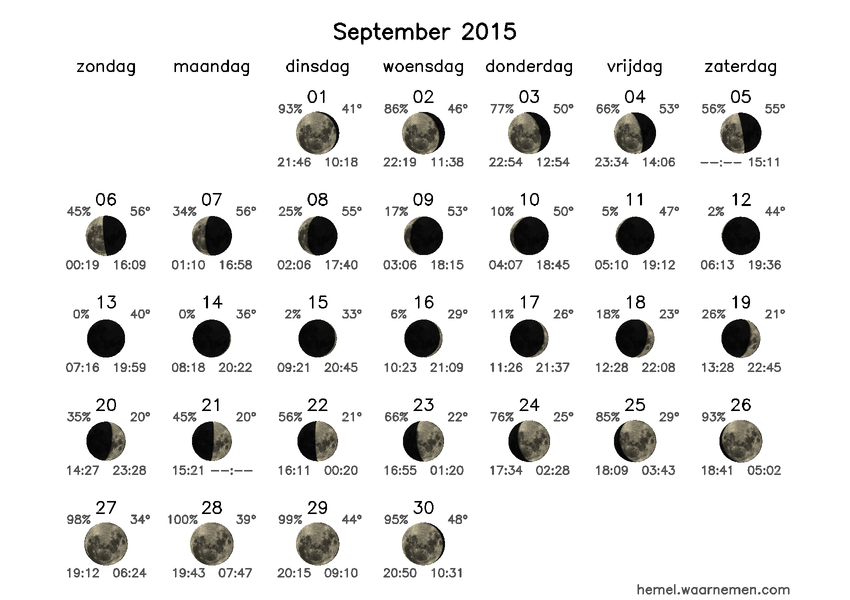
|
 libTheSky home page
libTheSky home page

 Example use of libTheSky can be found in
the astroTools package. It can be used under the
conditions of version 1.2 of the EUPL. libTheSky has been
written by Marc van der
Sluys
(Nikhef/Utrecht
University).
Example use of libTheSky can be found in
the astroTools package. It can be used under the
conditions of version 1.2 of the EUPL. libTheSky has been
written by Marc van der
Sluys
(Nikhef/Utrecht
University).






